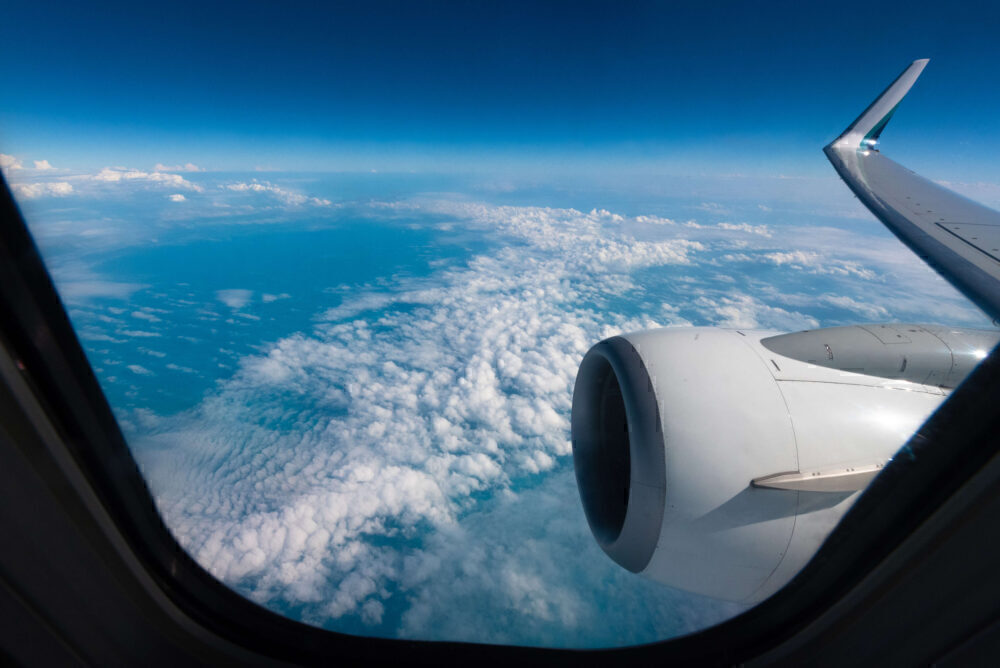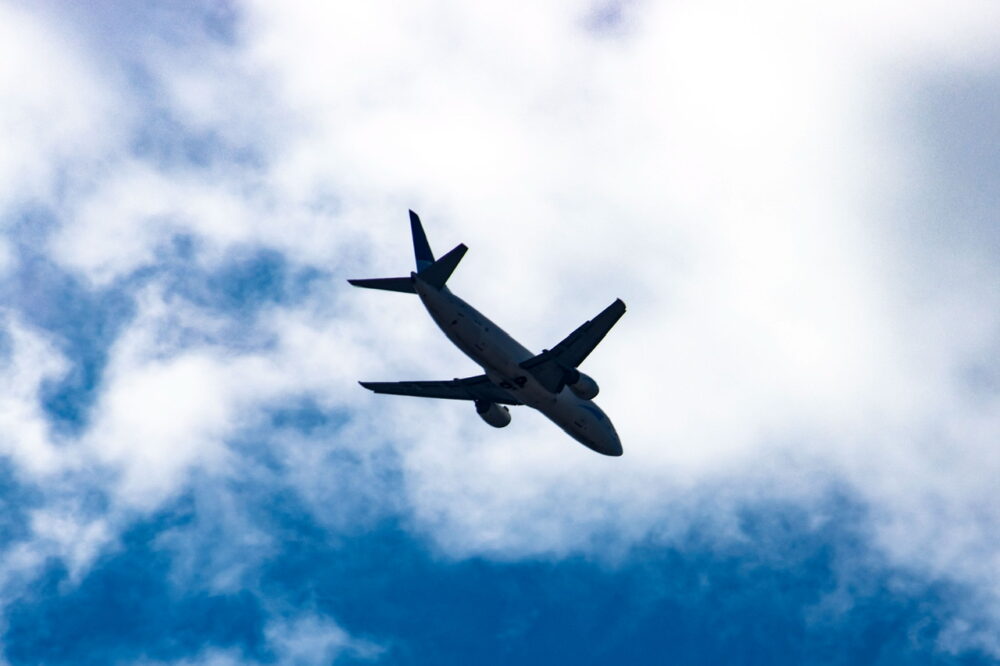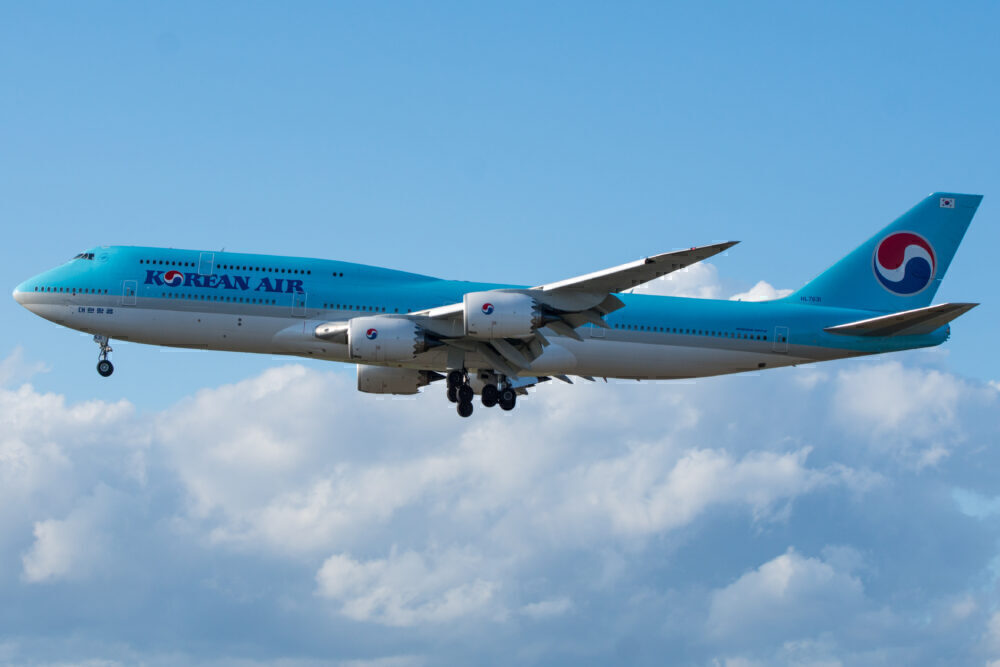We often cover factors such as speed and range when analyzing passenger jets from across the globe. However, today, we thought we’d take a look at another aspect of these aircraft. Let’s compare the altitude abilities of the planes we know and love.

For this article, we will be assessing the altitude by maximum service ceiling. The EAA shares that the definition of service ceiling is the height above sea level at which an aircraft with normal-rated load “is unable to climb faster than 100 feet per minute under standard air conditions.”
Overall, the service ceiling is the maximum usable altitude of a plane. So, here is a comparison of the factor when it comes to the world’s major modern commercial jet families in service.
Stay informed: Sign up for our daily and weekly aviation news digests!
Narrowbodies
Airbus A320
The original crop of the A320 family has a service ceiling between 39,100 ft and 41,000 ft, which is between 11,917 m and 12,497 m. Meanwhile, the neo range has a maximum service ceiling that is a little less than its predecessor. The family consisting of the A319neo, A320neo, and A321neo, has a service ceiling of up to 39,800 ft (12,131 m).
Airbus A220
Introduced just five years ago, the A220 is set to be a game-changer in passenger aviation. When it comes to its service ceiling, the plane offers 41,000 ft (12,496 m).
Boeing 757
The industry veteran has been a trusted soldier for nearly 40 years. The 757-200, 757-200F, and 757-300 have a service ceiling of 42,000 ft (12,801 m).
Boeing 737
The variants between the 737-100 and 737-500 have a ceiling of 37,000 ft (11,300 m). However, the versions between the -600 and the MAX have a ceiling of 41,000 ft (12,496 m).

Embraer E-jet
The Brazilian E-Jet and E-Jet E2 series have gained great prominence over the years. All of the planes in these ranges have a service ceiling of 41,000 ft (12,496 m).
Bombardier CRJ series
These planes are a popular choice due to their ability to conduct regional operations effectively. The jets in this series also have a service ceiling of 41,000 ft (12,496 m).
Widebodies
Airbus A330
It’s approaching three decades since this twinjet made its first flight. The aircraft has a service ceiling of 41,100 ft (12,527 m).
Airbus A340
This quadjet was developed in parallel with the A330. Its ceiling is a little higher at 41,450 ft (12 634 m).
Airbus A350
The A350 is a favorite among many airlines. The -900 has a service ceiling of 43,100 ft (13,136 m), and the -1000’s figure is 41,450 ft (12,634 m),
Airbus A380
The superjumbo is becoming a rarity in the skies these days. Nonetheless, those flying the plane could reach a service ceiling of 43,000 ft (13,106 m).
Boeing 747
Lufthansa previously bragged that its 747-400 could reach the highest altitude in its fleet, reaching a max altitude of 44,947 ft (13,610 m). Meanwhile, the modern 747-8, which is well deployed by the carrier, has a service ceiling of 43,100 ft (13,137 m).

Boeing 767
Including extended ranges, the 767 family has six variants. These planes have a service ceiling that ranges from 43,000 (13,106 m) to 43,199 (13,167 m).
Boeing 777
This family is well trusted on long-haul operations across the globe. It has a service ceiling of 43,100 ft (13,137 m).
Boeing 787 Dreamliner
Like the 777, the 787-8 and 787-9 have a ceiling of 43,100 ft (13,137 m). However, the 787-10’s figure reaches 41,100 ft (12,527 m).
In the same ballpark
Altogether, the surface ceiling figures of most of the modern jets are not so far apart. Regardless, the widebodies generally have a higher ceiling than the narrowbodies. However, there was a clear winner earlier this century when Concorde was around. This supersonic jet had a whopping service ceiling of 60,000 ft (18,300 m).
What are your thoughts about the ceiling of these jets? Let us know what you think in the comment section.
[ad_2]
Source link


